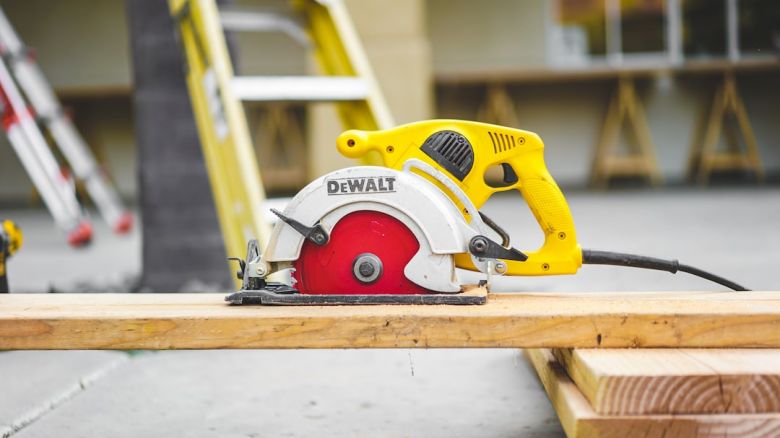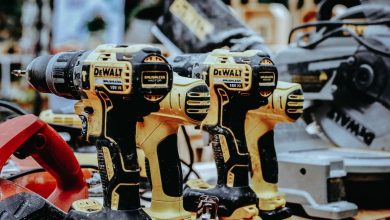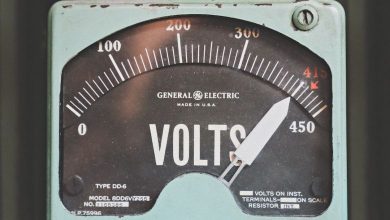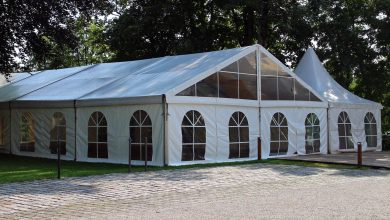Eco-friendly Power Tools: the Future of Construction

In recent years, there has been a growing emphasis on sustainability and environmental consciousness across various industries. The construction sector, known for its significant carbon footprint, is no exception. As a result, there has been a surge in the development and use of eco-friendly power tools. These innovative tools not only help reduce environmental impact but also offer numerous benefits to construction professionals. In this article, we will explore the advantages and future prospects of eco-friendly power tools in the construction industry.
Enhancing Energy Efficiency
One of the primary features of eco-friendly power tools is their focus on energy efficiency. Traditional construction tools are known for their excessive energy consumption, leading to wastage and increased carbon emissions. However, eco-friendly power tools are designed to minimize energy usage while maintaining high performance. This not only reduces environmental impact but also lowers operational costs for construction companies.
Reducing Noise Pollution
Construction sites are often associated with loud noise, causing disturbances for workers and nearby communities. Eco-friendly power tools aim to address this issue by incorporating noise reduction technologies. These tools are designed to operate silently or emit significantly lower noise levels compared to their conventional counterparts. By reducing noise pollution, eco-friendly power tools provide a more pleasant working environment for construction professionals and help maintain positive relationships with local communities.
Lowering Emissions
Traditional power tools are typically powered by fossil fuels such as gasoline or diesel, which contribute to air pollution and greenhouse gas emissions. In contrast, eco-friendly power tools utilize cleaner sources of energy, such as electricity or compressed air. By eliminating or minimizing the use of fossil fuels, these tools significantly reduce emissions, making them a greener alternative for construction projects. Additionally, the absence of harmful fumes improves air quality, benefiting both workers and the surrounding environment.
Promoting Health and Safety
Construction work often involves exposure to hazardous substances and risks of accidents. Eco-friendly power tools prioritize the health and safety of construction professionals by incorporating features that mitigate these risks. For instance, some tools have built-in sensors and safety mechanisms to prevent accidents, while others utilize non-toxic materials that minimize health hazards. By prioritizing the well-being of workers, eco-friendly power tools not only contribute to a healthier and safer working environment but also reduce the potential for costly accidents and injuries.
Future Prospects and Innovations
The future of eco-friendly power tools in the construction industry looks promising. As sustainability becomes an increasingly important consideration, manufacturers are investing in research and development to create even more advanced and efficient tools. Innovations such as solar-powered tools and self-charging batteries are already being explored, offering the potential for completely renewable and self-sufficient construction equipment.
Additionally, advancements in technology are enabling tools with enhanced precision and functionality. For example, 3D printing is being utilized to create lightweight yet durable components, reducing energy requirements and material waste. Similarly, the integration of smart technology allows for real-time monitoring of tool performance, optimizing energy usage and identifying maintenance needs.
Conclusion: Embracing a Sustainable Future
The construction industry is gradually embracing sustainable practices, and eco-friendly power tools are at the forefront of this movement. With their focus on energy efficiency, noise reduction, emissions reduction, and worker safety, these tools offer numerous benefits to construction professionals and the environment alike. As technology continues to advance, the future of eco-friendly power tools looks promising, with continued innovations and increased adoption across the industry. By incorporating these tools into construction practices, we can build a greener and more sustainable future.




